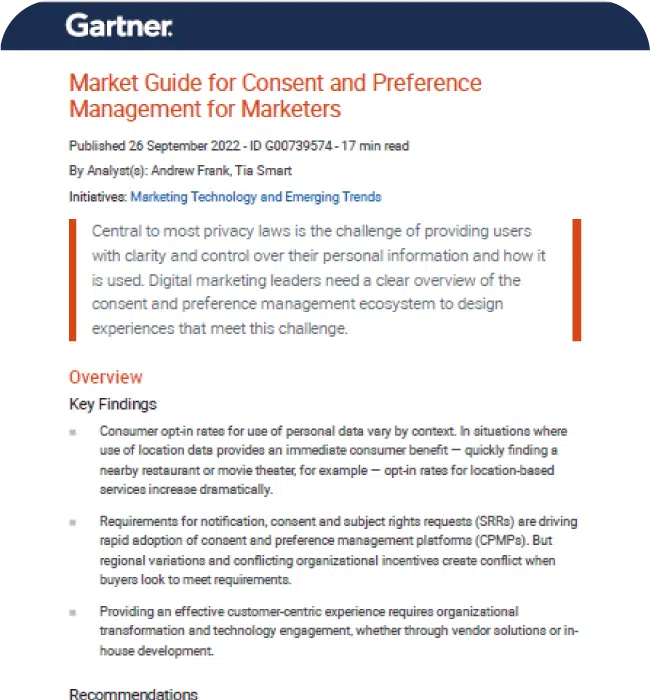Navigating the complexities of AI regulations
Posted: June 12, 2023
“It’s conceivable that within the next 10 years, AI systems will exceed expert skill level in most domains, and carry out as much productive activity as one of today’s largest corporations,” OpenAI.
AI leaders are genuinely concerned about the implications of AI’s rapid evolution, and see regulation as a way of avoiding the worst outcomes.
As businesses and governments work to comprehend the implications of modern Artificial Intelligence (AI) systems, the challenge of who will take the lead on legislation has become a prominent issue. Governments around the world are contending for the opportunity to shape how AI will be regulated. Business leaders should consider carefully which government body is most likely to prevail in this race, to ensure they are ready for whichever regulations eventually take shape.
The key regulators here will likely be the United States Congress, the European Commission, China’s government, or even individual U.S. states or courts. Whichever group takes the lead will significantly impact how quickly AI is adopted, and the restrictions that will be placed upon its implementation.
Testifying before Congress on May 16 2023, OpenAI chief executive Sam Altman said “If this technology goes wrong, it can go quite wrong,” claiming it could do “significant harm to the world.” He agreed with lawmakers that government oversight will be critical to mitigating the risks.
In recent months, the conversation surrounding artificial intelligence (AI) has shifted from a relatively peripheral topic to the center of worldwide policy debates. Governments are now grappling with the issue of how, if at all, to regulate or restrict certain uses of AI technology. For business leaders across industries, this presents an urgent question: who will have authority to shape the regulations that govern AI?
Why is AI regulation important?
AI has the power to positively change industries and enhance people’s lives by automating tasks, aiding in disease detection, and enhancing decision-making precision. But, it also states that AI has certain risks and can worsen existing inequalities, causing new ethical and social issues.
If AI is not regulated properly, it can harm human rights, democracy, and global security. For instance, the use of facial recognition technology can breach privacy rights and help the government in surveillance.
Establishing effective AI regulation is crucial to achieve a balance between innovation and economic growth on one hand, and ethical and societal concerns on the other. This will ensure that the development and deployment of AI prioritize the maximization of its benefits while minimizing its risks.
What are the challenges of regulating AI?
The regulatory challenges presented by AI are complex, multifaceted and rapidly changing. The difficulty in accurately defining AI for the purpose of legislation and regulation has resulted in an unclear scope which can be difficult to interpret.
There is a general lack of trust in AI technology, as well as fear over potential implications and unknown risks associated with its use.
Stifling innovation
The development and deployment of AI technologies may be stifled by an overbearing regulatory framework. Such a restrictive system could discourage investment, hampering the chances for companies and researchers to explore new possibilities and breakthroughs in AI innovation. This could result in stagnation, as research teams might not have the financial means or legal recourse to push the boundaries of AI technology.
Adaptability to evolving technology
Being able to adapt to new technology is important for the development of AI. Regulations that are too rigid could become outdated as technology advances, which could slow down progress and restrict the potential benefits of AI.
Implementation challenges
The challenge of enforcing regulations for AI is that it is a worldwide technology, which makes it difficult to harmonize regulations across different regions. It is important to find a balance between effective regulation and avoiding bureaucracy and excessive compliance requirements.
Potential for overregulation
There is a possibility that too many regulations might impede the progress of AI innovation while not adequately addressing the actual concerns. It is crucial to find the right balance between safeguarding the public interest and promoting innovation to prevent unnecessarily hindering the AI industry.
What are the benefits of regulating AI?
Ethical considerations
Regulating AI algorithms is necessary to ensure ethical decision-making and prevent biases in programming, promoting transparency, and accountability.
Data privacy and security
To protect individuals’ privacy and prevent misuse of sensitive information, regulations are needed to establish clear guidelines for data collection, storage, and use. Cybersecurity measures should also be standardized to prevent potential breaches. AI often requires vast amounts of personal data, making data privacy and security particularly crucial.
Safety and reliability
The use of AI in fields like autonomous vehicles and healthcare directly affects people’s lives, making safety and reliability crucial. Regulators can require rigorous testing, certification, and safety standards to ensure that AI technologies function reliably and minimize risks to both users and society in general.
Economic and societal implications
Regulating AI can help deal with negative consequences on the society and economy, such as job displacement and economic inequality. Policies should be put in place to address the impact of AI on the workforce and society to make for a smoother transition, create job retraining programs and distribute benefits evenly.
Conclusion
The debate over how to regulate AI is complex and nuanced. On the one hand, regulation can be used to address ethical dilemmas, ensure data privacy, guarantee safety, and deal with potential macro-level implications of AI technology. On the other hand, it must be balanced with the need to foster innovation and support the rapidly evolving AI landscape.
From a policy perspective, it is important to have regulations in place that are tailored for AI and can respond to its unique characteristics. Such regulations must be designed with considerations such as data security, privacy, fairness, oversight and accountability in mind.
What businesses should do now?
It is uncertain whether any form of government intervention can effectively strike a balance between maximizing the benefits of AI and minimizing its potential negative impact on the economy and society as a whole. As has been the case with past transformative technologies, it is likely that government attempts to regulate LLMs (large language models) will be insufficient. This is not a reflection on the abilities of lawmakers and regulators, but rather a consequence of the fact that technology advances rapidly while law progresses gradually.
During this time, it is recommended that business leaders follow the example of the Department of Commerce’s current initiative. They should begin creating independent regulators, conducting audits, and establishing certification processes that distinguish and provide market incentives to purchase ethical and trustworthy AI products and services. This will help to clarify which applications are reliable and which ones are not.


